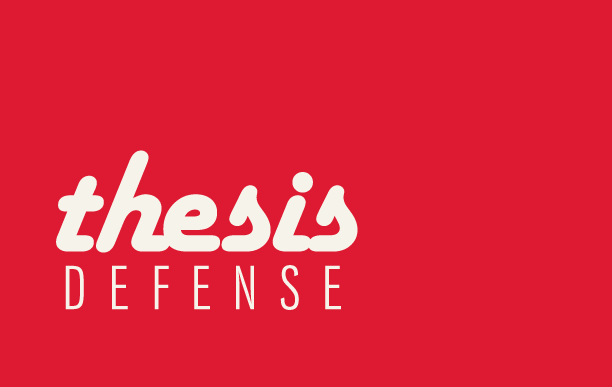
N. Qwynne Lackey will give her master's thesis defense on "The Influence of Training on Guides and Their Environmentally Responsible Behaviors and Transformational Leadership Abilities" at noon Tuesday, July 12, 2016, at Hardin Hall 901.
The abstract:
The ecotourism and interpretive fields were established, in part, to protect natural environments. This goal is achieved by implementing environmentally responsible practices and by providing transformative experiences for visitors. Previous research suggests that ecotour and interpretive guides play a vital role in implementing environmentally responsible behaviors (ERBs) and creating transformative visitor experiences. Other researchers have found that guide training yields many benefits for guides and their abilities. The purpose of this research was to explore the influence of established training programs on guides and their ERBs and transformational leadership abilities using qualitative methods, including participant observation and interviews, and quantitative survey methods. Case studies were performed on populations affiliated with two training providers: EcoTraining, a guide training program based in South African, and a National Association for Interpretation. In both cases, a statistically significant relationship was found between students’ self-reported guiding competency scores and transformational leadership abilities. The majority of students surveyed in each case also self-reported practicing the majority of measured ERBs, but the qualitative data shows that students’ ERBs are influenced by training only if certain emphases and activities are included. The findings also highlight the importance incorporating role modeling, experiential learning activities, and instructors who exhibit transformational leadership characteristics. Structured and unstructured time in nature and alone time are also important to include, as it allows students to recover from mental fatigue and engage in the self-reflection necessary to grow as an individual and develop connection to nature. Though training does increase guides’ ability to lead transformative experiences, interview data shows that guides’ abilities and behaviors are also influenced by factors outside of training, such as visitors, other guides, and managers.
More details at: http://go.unl.edu/afnt